The Lepcha Museum in the remote region of Kalimpong is a treasure trove that provides more insight into the Culture and heritage of one of the earliest aboriginal tribes of the Eastern Himalayas. In the picturesque hill station of Kalimpong, this museum displays many traditional items and costumes, musical instruments, arms, and religious articles. Any traveller visiting the museum Kalimpong must have an eye for knowledge about the Indigenous people. It is one of those places where, for history lovers or cultural explorers, a rich experience ensues amidst the serene beauty of the hills of Kalimpong.
Location
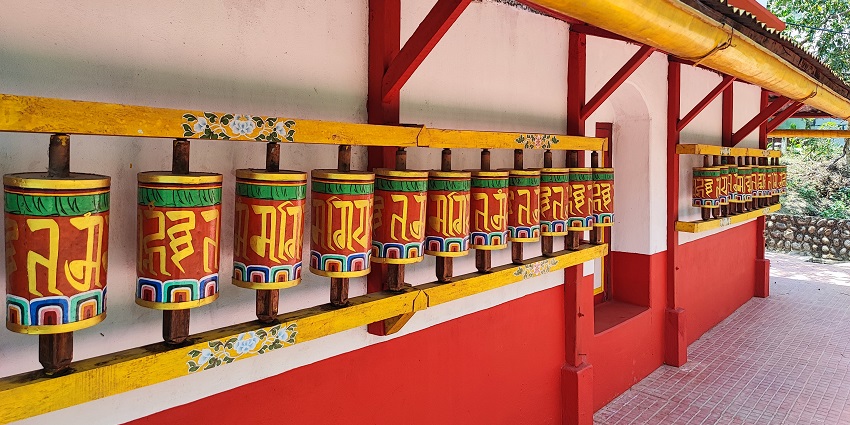
Photo: Sumit Surai / Wikimedia Commons
The Lepcha Museum address is in Kalimpong, West Bengal, situated in the Eastern Himalayas. Scenic beauty adorns this place as the green landscapes around it like it. The museum is located 3 km from the town centre of Kalimpong. The museum provides breathtaking views and a tranquil environment that make it a beautiful place to visit and observe the rich cultural heritage of the Lepcha people. People can have a secluded stayover to understand the place’s Culture and history.
Suggested Read: Darjeeling Picnic Places
How To Reach
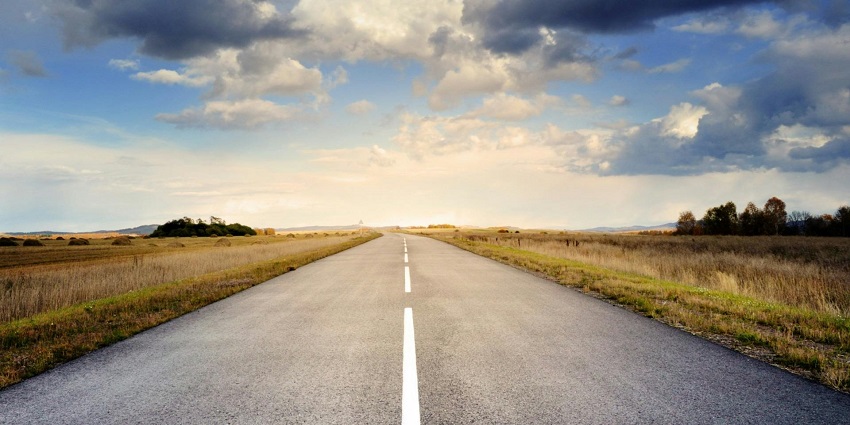
Photo: Pixabay / Pexels / Image For Representation Only
By Road: Siliguri is the nearest big city, about 65 kilometres from Kalimpong. The journey in a car will take three hours.
By Train: The nearest railway station is New Jalpaiguri (NJP), 70 km from Kalimpong. From NJP, one can hire a taxi to reach Kalimpong.
By Air: The nearest airport is Bagdogra, which is around 75 km from Kalimpong. From Bagdogra, one can hire taxis or shared jeeps for the onward journey.
Places To Visit In And Around The Lepcha Museum
1. Zang Dhok Palri Phodang Monastery
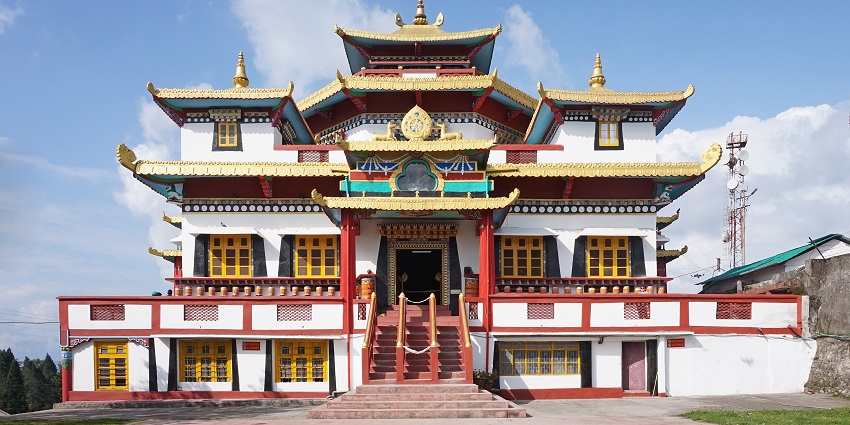
Photo: Bernard Gagnon / Wikimedia Commons
Zang Dhok Palri Phodang is one of the most sacred monasteries in the region, just a few metres away from the museum. Built in the early 1970s, this perfect blend of Tibetan Buddhist architecture, serene surroundings, and a peaceful ambience evokes sentiments that can be treasured for a lifetime while gazing at intricate murals depicting and imbibing the statues of deities of the Buddhist Pantheon.
Entry Fee: Free
Distance From Museum: 1.5 km
Best Time To Visit: March to June, September to December
Suggested Read: Discover These Thrilling Haunted Places In Darjeeling On Your Trip To West Bengal
2. Durpin Dara Hill
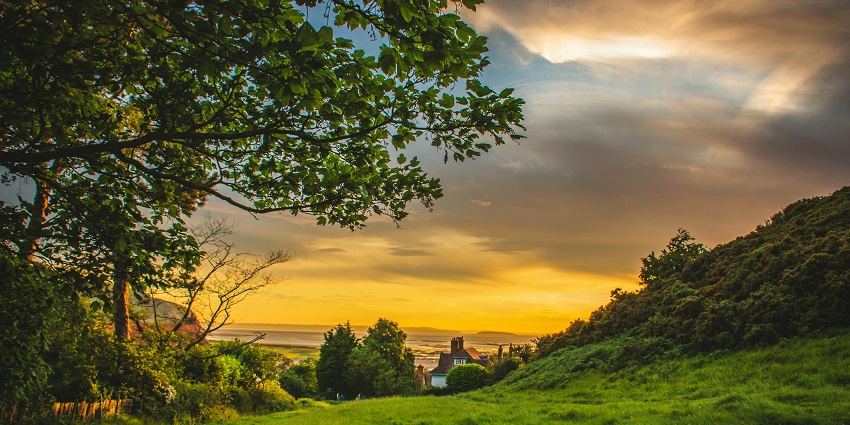
Photo: Lisa Fotios / Pexels / Image For Representation Only
Visit Durpin Dara Hill to witness the town of Kalimpong and the snow-capped Kanchenjunga range in glorious view. It is the photographer’s favourite viewpoint and offers a quiet retreat into nature. You will be surrounded by pine forests and enjoy beautiful views, especially during sunrise and sunset.
Entry Fee: Free
Distance From Museum: 2.5 km
Best Time To Visit: October to March
3. Mangal Dham Temple
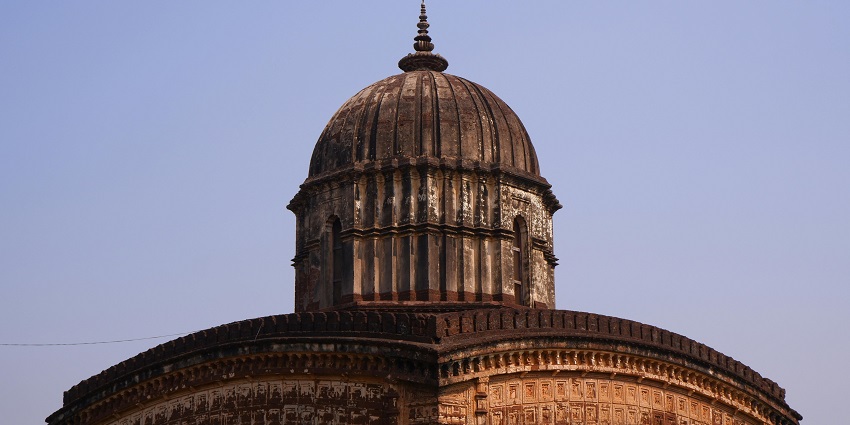
Photo: Suman Sutradhar / Pexels
Mangal Dham Temple is located on the outskirts of Kalimpong. Here, you can relax and bask in a serene ambience. The temple is dedicated to the holy Mangal Baba, and it contains beautiful marble statues and serene environs, making it an excellent place for reflection and prayer.
Entry Fee: Free
Distance From Museum: 4 km
Best Time To Visit: Throughout the year
Suggested Read: Haunted Places In Kalimpong To Explore The Eerie Rush
Where To Stay
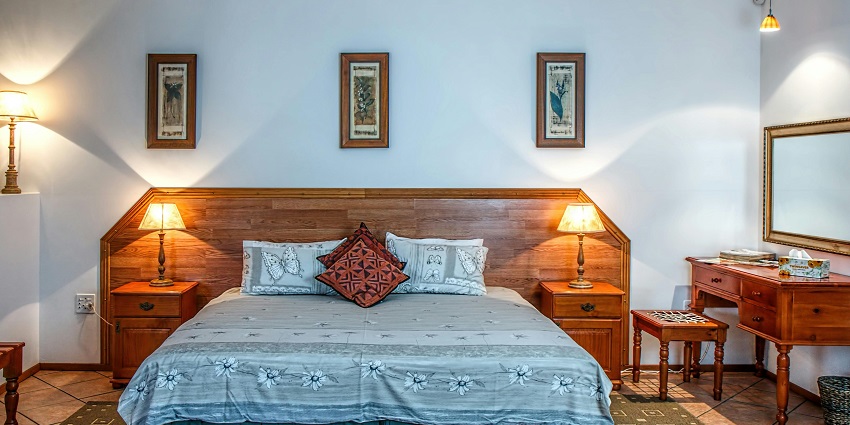
Photo: Pixabay / Pexels / Image For Representation Only
A few good stays around museum make your trip relatively comfortable. Kalimpong Park Hotel has a beautiful colonial atmosphere but modern amenities with a superb vista of surrounding hills. For a closer and wholesome experience, Shambhala Retreat offers a serene outing with comfort and a natural environment. Hotel Silver Oaks is another excellent hotel for warm hospitality, and its central locations allow for short and extended stays.
Where To Eat
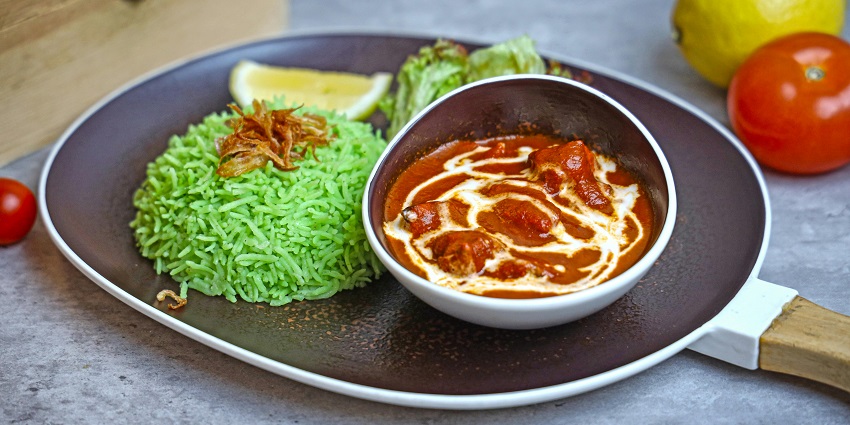
Photo: Shameel mukkath / Pexels / Image For Representation Only
When you visit the museum, indulge in various kinds of mouth-watering food for flavour. To taste typical Lepcha cuisines, Lepcha Kitchen provides you with traditional Lepcha food prepared in a cosy, homely setting. For more contemporary and panoramic views, Morgan’s Place is a great place to dine on a delectable multi-cuisine menu. If you want something light and refreshing, head to the cafe near the museum, Refuel, where you can grab a quick snack or order some tea.
Suggested Read: Scuba Diving In Kolkata
Best Time To Visit
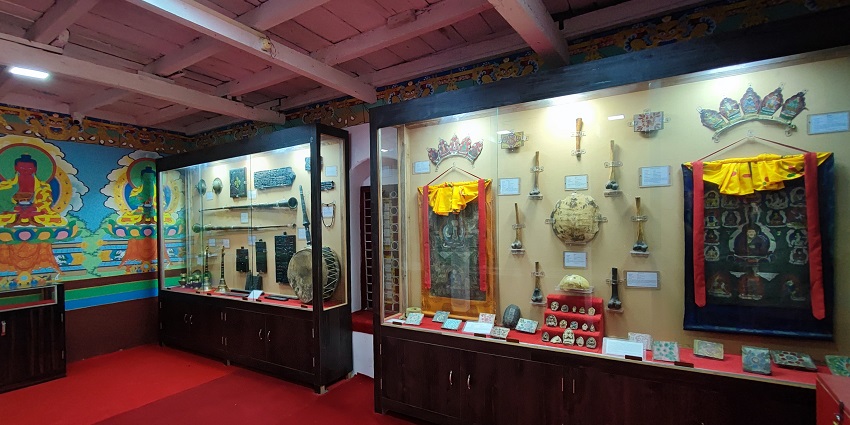
Photo: Sumit Surai / Wikimedia Commons
The best time to visit the museum and Kalimpong would be the months of March to June and September to November when the weather is moderately pleasant. Summers here are excellent and very comfortable between 15°C to 25°C. Monsoon sessions, which run from June to September, must be avoided due to heavy rains that are likely to disturb one’s itinerary. The winters, from February, are cold at minus five °C but clear and sharp; hence, there is an excellent climate in which to visit the hills. The museum timings are from 10 AM to 4 PM.
Other Factors To Consider

Photo: Sumit Surai / Wikimedia Commons / Image For Representation Only
Average Cost Of The Trip
The average cost of a trip to Lepcha museum in Kalimpong is around ₹150 to ₹300 per person. This includes entry fees and local transportation. For a comfortable group visit, budgeting approximately ₹1,200 will cover the essentials and any refreshments along the way.
Tips For Travellers
- Bring warm clothes with you. The evening can get cold sometimes during the summer.
- Plenty of taxis and shared jeeps take you around when touring.
- Try local cuisine and keep cash because some vendors do not use digital payment.
Suggested Read: Best Hill Stations Near West Bengal For A Perfect Vacay
The Lepcha Museum is just the opportunity to connect with the great cultural wealth that the Lepcha community boasts in such breathtaking beauty within Kalimpong. A museum visit offers visitors a unique and educational experience, from fantastic exhibits to quiet surroundings. Remember to click some awesome pictures by visiting Lepcha Museum photos. Plan a trip with TripXL to make the most of this cultural exploration and find the hidden treasures around the museum for the best experience.
Cover Photo: Sumit Surai / Wikimedia Commons


 WhatsApp
WhatsApp
 Twitter
Twitter









